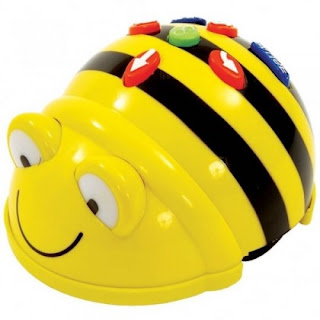Routines
The Kindergarten Team has spent a lot of time thinking about routines that support PYP's Approaches to Learning and nurture children as agents of their own learning.
The children have shown amazing growth in so many of these skills, simply by having routines in place, so they have repeated opportunities for success framed by high, clear and developmentally appropriate expectations.
Examples of our routines:
To come inside from the playground, we have to navigate 3 heavy doors and a spiral staircase. The children walk one person at a time and have learned to "pass the door" for the person behind them.
To have easy access to snacks, lunches, water and coats at different times, the children have different places to store each of these things and need to unpack their own backpacks and organise their belongings in the correct place. This took several "trials and error" to experiment with the types of storage and their location to enable the smoothest transitions.
The morning routine involves children taking their own attendance (by moving their photograph), engage in a maths problem (currently number dots), interact with a morning message and speak to both myself and the classroom assistant. Children do the routine with a partner to develop social skills and require children to be active thinkers. They have to manage their time and choose the order they complete each part of the routine. The communication and social skills involved in chatting with myself and the classroom assistant have improved so much in such a short time as relationships build and connections made. From saying "Hello", one child today shared she was starting activities after school in acting, horse riding, ballet and dancing!
Each Monday, we have the routine of using "Paris as a Classroom". Yesterday, we drew what we might play at the playground in a local park. When we got there, the playground was under construction so an unexpected provocation arose. "Do we need a playground to play?" The children were quick to observe and investigate conkers, mark making with sticks, flowers, play hide and seek and explore this new space. Research skills in action!
Each day, it is routine to have uninterrupted time for play. There tends to be an hour block in the morning and an hour block in the afternoon. Intentionally using open-ended resources, the children have been engaged in painting, role play, building, designing, writing, drawing, inventing, observing.... and reaping the benefits of social learning and developing new friendships. Each day, there is the routine of reading a story aloud to develop thinking skills. Little by little, we are introducing some more structured routines to intentionally target number sense and aspects of language.
We have a daily routine that children sit together as a class and engage in some reflective thought. Language is modelled to scaffold thinking. Yesterday, were invited to look at the Bee-Bot above and share their wonderings. "I wonder..." was offered as a sentence starter. Some thinking included: "I wonder if it's electric because it has buttons.", "I wonder how this thing will move." and "I think it's a train because they can attach to one another." Last week, the language of "maybe" and "theory" was modeled as children shared their ideas about objects in a feely bag.
We also have Tidy, our class orangutan (cudddly toy), who helps us to know when it is time to tidy up and ensure resources are returned to the correct place for other children to use at another time.
Last week, we held a "Meet the Teachers" evening and explained some of these routines and gave some tips for parents.
These included:
- Ensure your child has a backpack and a lunchbox they are able to open independently
- Pack with your child so they know what is inside the bag (and where... and why!)
- Use a sticky label for your child to colour/draw a picture/write their own name on so they recognise their water bottle (in case they are unable to read the printed font/handwriting on the bottle)
REFLECTION:
Which routines do you have in place that encourage young children to be independent learners?
Which routines are not working as well as you or the children would like? How might you adjust these?





Comments
Post a Comment